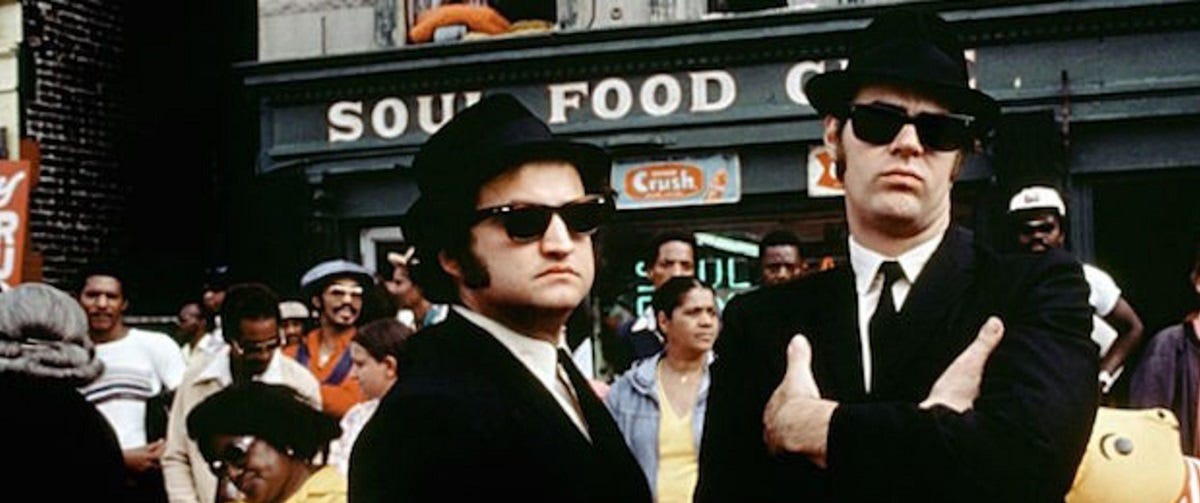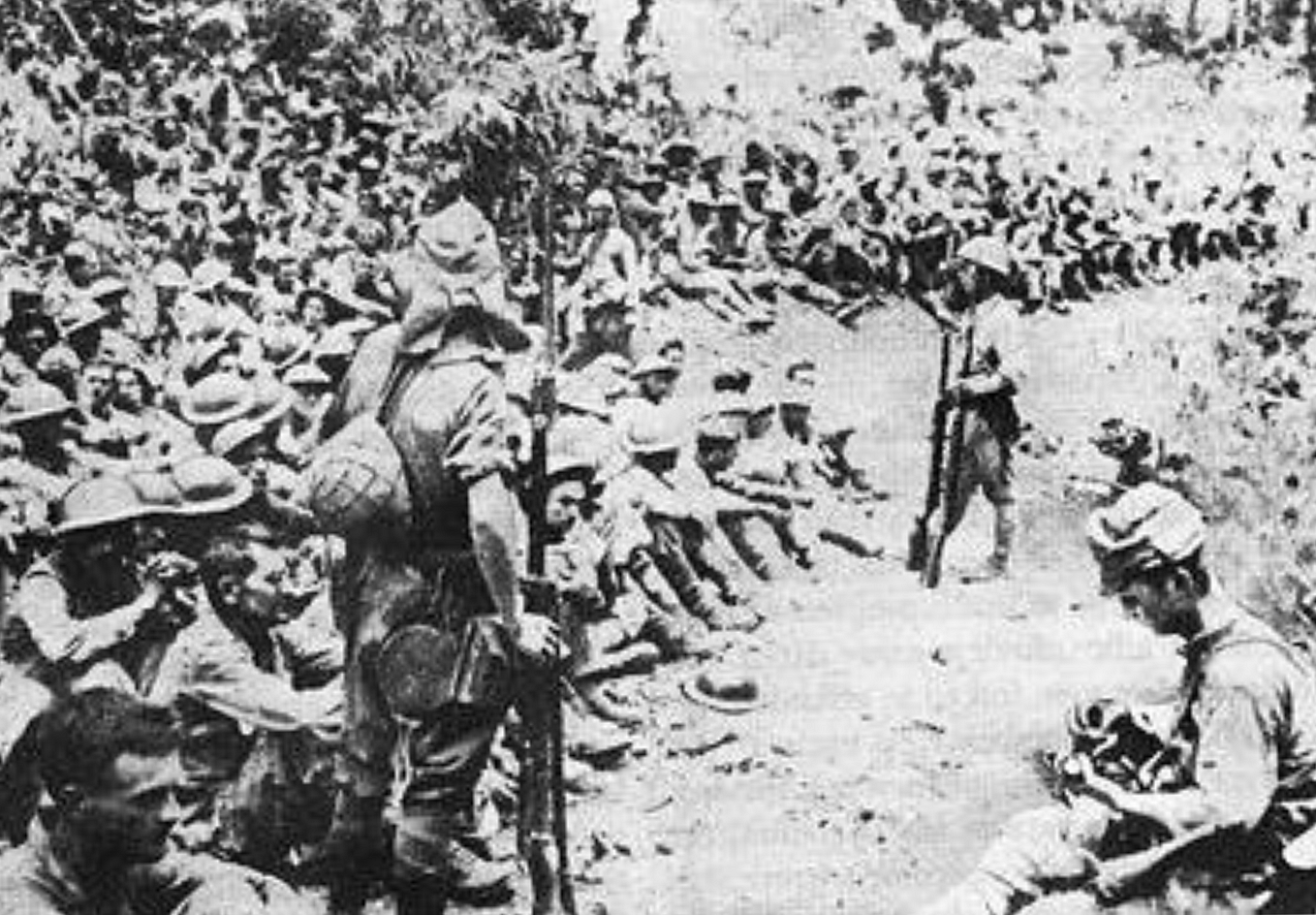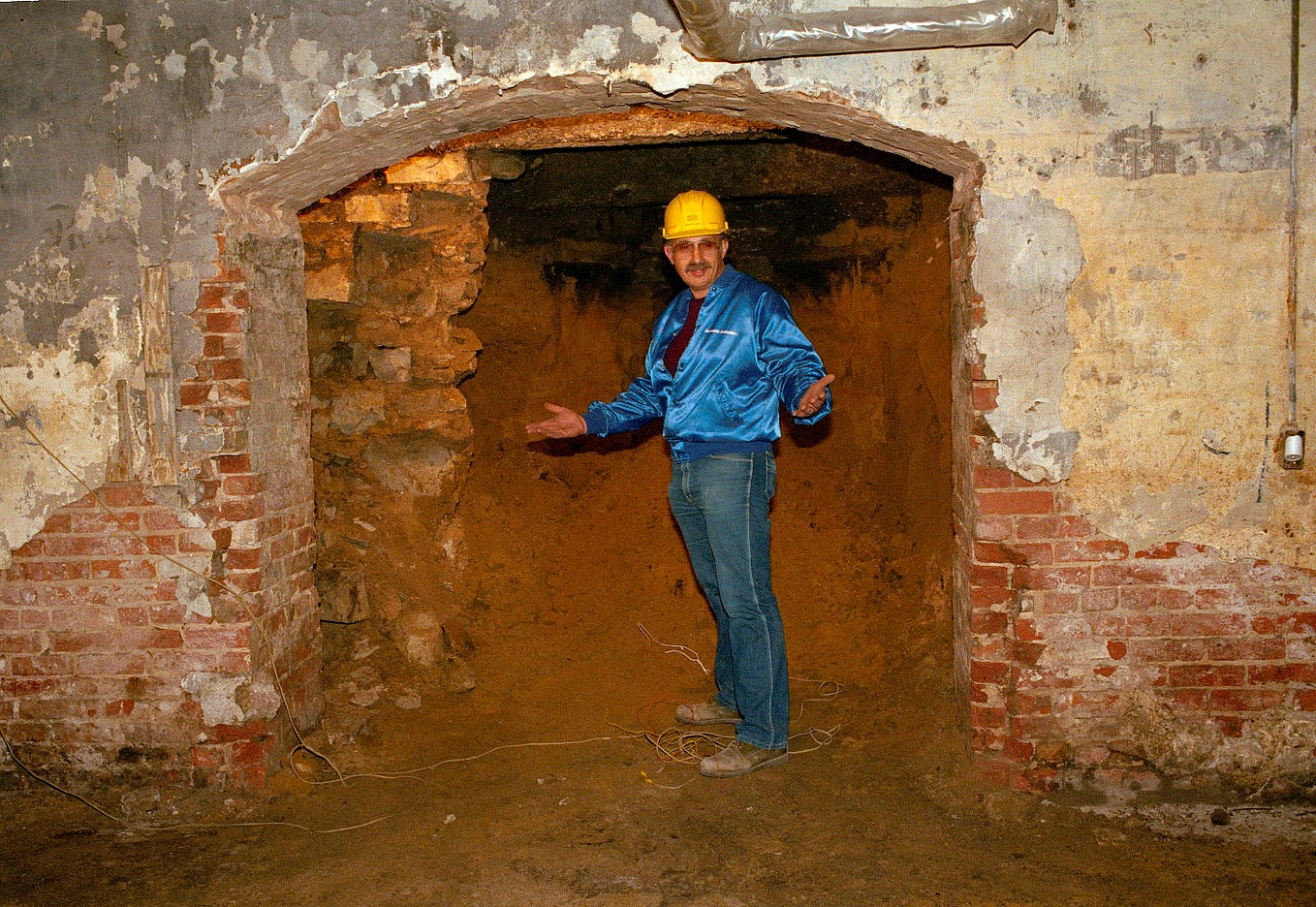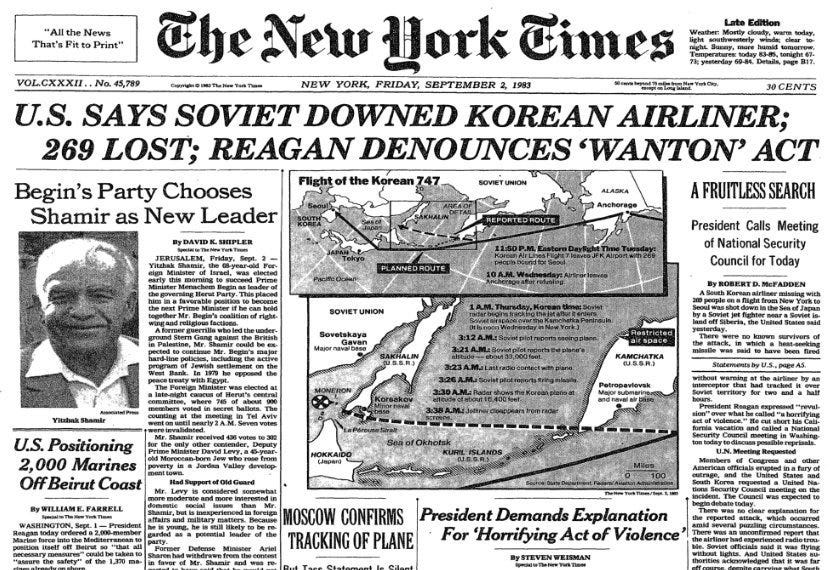Heroes of History
Sir Robert Peel: The U.K.’s original “Bobby”
Sir Robert Peel brought to the world modern policing
Sir Robert Peel, considered the father of modern British policing, founded the Metropolitan Police Service in 1829. Bobbies, a slang term associated with police constables back-in-the-day, stems directly from Sir Robert and his Metropolitan Police Service.
Peel, 2nd Baronet FRS (Fellowship of the Royal Society), was born in Bury, Lancashire, England on Tuesday, 5 Feb. 1788. The 2nd Baronet, a Conservative statesman, served twice as the British Prime Minister. His prime-ministership, not exactly lengthy, was 1834 to 1835 and 1841 to 1846.
Curiously, something that wouldn’t happen today, Peel’s first stint as Prime Minister coincided with his period of servitude as Chancellor of the Exchequer. Prior to becoming Chancellor of the Exchequer and Prime Minister, from 1822 to 1827 and from 1828 to 1830, Peel served as the Home Secretary.
Peel, as one can see from his many political posts, gained a vast wealth of experience dealing directly and indirectly with politicians, bureaucrats, and statesmen at various levels of the British establishment. It should not surprise anyone, given his history, Peel was one of the modern Conservative Party’s founders.
Peel, nowhere near an impoverished upbringing, was the son of a wealthy textile manufacturer and politician. This apple didn’t fall far from the metaphorical tree. It has been suggested on numerous occasions, noting his father’s standing in the community, Peel observed with great interest how his father interacted with various politicians.
The 2nd Baronet, reading classics and mathematics at Christ Church, Oxford, earned himself a double first. not long thereafter, in 1809, the young Peel entered the House of Commons. Peel, even though it wasn’t exactly a phrase used during the period, was a rising star within the Tory Party. Peels first Cabinet position, from 1822 to 1827 and from 1828 to 1830, saw the Tory Party member serving as the Home Secretary.
Peel quickly reformed the criminal law and created the Metropolitan Police Service. The Metropolitan Police Service, founded in 1829, is considered the world’s first truly modern police force. With the establishment of a new type of law enforcement officer, because of his name, police constables were frequently called either “bobbies” or “peelers”. The slang terms, used increasingly less common today, were associated with London’s police officers.
The Metropolitan Police Act of 1829, a huge step forwards in policing, pathed the way for today’s British police forces. Police constables, on Tuesday, 29 Sept. 1829, appeared on London streets for the first time. The Metropolitan Police Act of 1839, a decade later, made the expansion of the Metropolitan Police District possible. It allowed for the consolidation of all London policing.
Peel, after a brief period away from politics, saw him return as Home Secretary. Peel, under his political mentor and friend the Duke of Wellington, also served as the Leader of the House of Commons. Curiously before reversing himself and supporting the Roman Catholic Relief Act of 1829 and the 1828 repeal of the Test Act, Peel was a hardened supporter of legalised discrimination against Catholics and the Catholic Church.
The Tory Party, from 1830 to 1834, were correctly known as the Opposition. Peel, in November 1834, became the British Prime Minister. The 2nd Baronet, in December 1834, issued the Tamworth Manifesto. Peel, with the Tamworth Manifesto, established the basis for what we now know as the modern British Conservative Party.
Peel’s first ministry, heavily dependent on Whig support, was a minority government. Peel, with no one he could trust to fill the Cabinet position, served as his own Chancellor of the Exchequer. Not surprisingly, after a mere four months, Peel’s government collapsed. William Lamb, the 2nd Viscount Melbourne, came to power after Peel’s minority government resigned. Peel, during Melbourne’s second government, served as the Leader of the Opposition from 1835 to 1841.
Peel, not quite down with №10, saw a victory for his Tory Party in the 1841 general election. He consequently became, for the second time, the British Prime Minister. Peel’s second government, fairing significantly better than his first, remained in power for five years. Serving as Prime Minister, during his second government, Peel looked to stimulate trade. Cutting tariffs, as he saw it was the way to go.
A fairly obvious observation, by cutting tariffs, there would be a loss in revenue. Needing to find a way to accommodate for the lost revenue, looking elsewhere, Peel introduced a three per cent income tax. This income tax was not seen favourably by those that had to endure it.
Peel, setting up the modern British Banking system, was to the United Kingdom what Alexander Hamilton was to the United States. Hamilton, for persons not familiar with early American history, was the first Secretary of the United States Treasury. Peel played a fundamental role in creating free trade. Significant legislative milestones under Peel’s second government included but was not limited to the Mines and Collieries Act of 1842, the Income Tax Act of 1842, the Factories Act of 1844, and the Railway Regulation Act of 1844.
Peel’s government, following the controversial increase in the Maynooth Grant of 1845, was weakened significantly by anti-Catholic sentiment. The Great Irish Famine, in many ways, was the beginning of the end for Peel’s second government. His decision, in 1846, to side with both the Whigs and the so-called Radicals was for many people the last straw. The repeal of the Corns Act was, to use a twentieth century phrase, a bridge too far. Peel, despite no longer being the Prime Minister, remained an influential MP until his death in 1850.
Peel, whilst out riding on London’s Constitution Hill on Saturday, 29 June 1850, was thrown from his horse. The horse, after throwing Peel off, stumbled on top of the 2nd Baronet. Peel’s a broken collarbone ruptured his subclavian vessels. Three days later, on Tuesday, 2 July 1850, Peel died from injuries sustained in his accident. He was 62.







